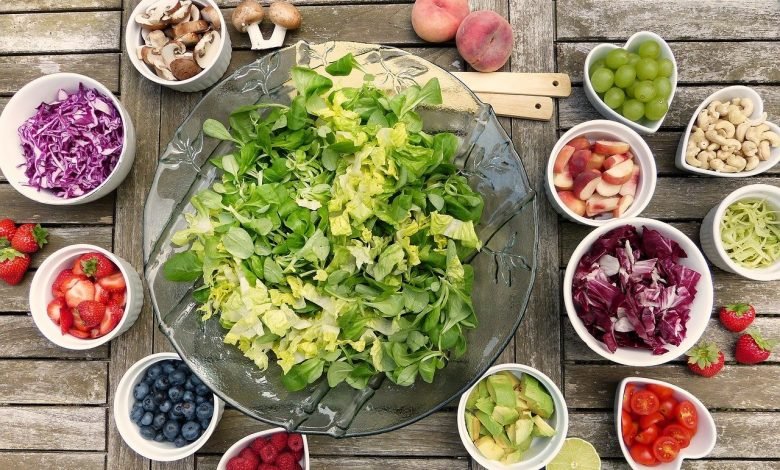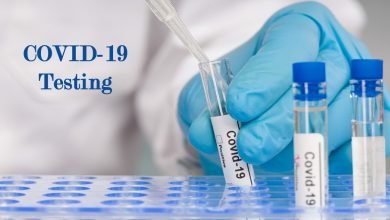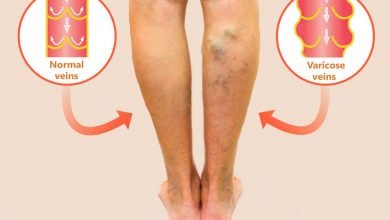
Can a Vegan Diet Be Healthy? A Must Read for the Vegetarians
One of the essential food quiz questions is, is a vegan diet healthy? To explore the topic, we must understand first what the Vegan diet is? What is the best way to get more benefits from the vegan diet?
Vegan is a plant-based diet that consists of vegetables, fruits, nuts, grain, and all other foods made from plants. People who want to be Vegan must shun meat and dairy.
However, for many people who seek a healthier diet, Vegan could be a healthier diet; it has many health benefits only if well planned. Also, bear in mind, if you are a person who loves meat and dairy, Veganism can lead to vital changes in your body.
What are the possible benefits of a Vegan diet?
The Vegan diet benefits depend on what you are eating with another diet. If you live purely on chips or crisp, it might be a Vegan diet, but it would be not a healthier diet. You must be planned well if you are choosing a Vegan diet.
The research shows that Veganism is higher in fiber and Vitamin C and lower in fat which is all good for health.
Also, read Much-Needed Yoga Asanas To Help Boost Immunity In The Pandemic.
Vegans also have a low BMI (Body Mass Index) than meat-eaters. BMI is the height to weight ratio in the body, which means the Vegans will have a skinnier body than non-Vegans.
A diet contains meat and dairy products have an enormous amount of fat and can raise the cholesterol level which leads to heart diseases. Vegan diets can be the best option to prevent such severe conditions.
Fats contain more calories per gram than plant-based foods so Vegans might intake fewer amounts of calories as a result. Veganism contains more Vegetables, fruits, cereals, seeds, and nuts, etc. than non-Vegans.
So by reducing specific food groups from your diet, you are missing out on particular micronutrients which might not be good enough for some groups of people. By shunning animal products, Vegans will be at risk of low calcium, iron, Vitamin D, Vitamin B12, omega-3 fatty acid, and zinc in their bodies.
It is, therefore, planned enough before adopting a Vegan diet, get replacing nutrition along with supplements to fulfill the shortage of these essential substances of the body. As a Vegan, when you are selecting the dairy-free alternative products, make sure that you are taking the fortified options such as Vitamins B2, B12 (can be found in the milk), soya milk which are good sources of calcium, and Vitamins D.
You must have a Humous in your Vegan diet, as it is the best alternative to zinc, calcium, and iron.
If you are thinking to adopt the Vegan diet, apply the same principle that everyone follows for a healthy diet; must eat plenty of vegetables, fruits, nuts, pulses, whole grains, seeds, and make sure you have much information about the nutrients, which are shunning in vegan diet and you have the best alternative nutrients for a healthy balanced diet.
Kids can also learn about their health and diet in these quiz questions for kids.




Tried these cbd oil tincture in front bed a scattering times in and they truly work. I’m mostly tossing and turning, but with these I result up falling asleep way quicker. No weird hangover compassionate in the morning either. Kinda pricey, but fairly good it when I just thirst for a wholesome darkness’s sleep.